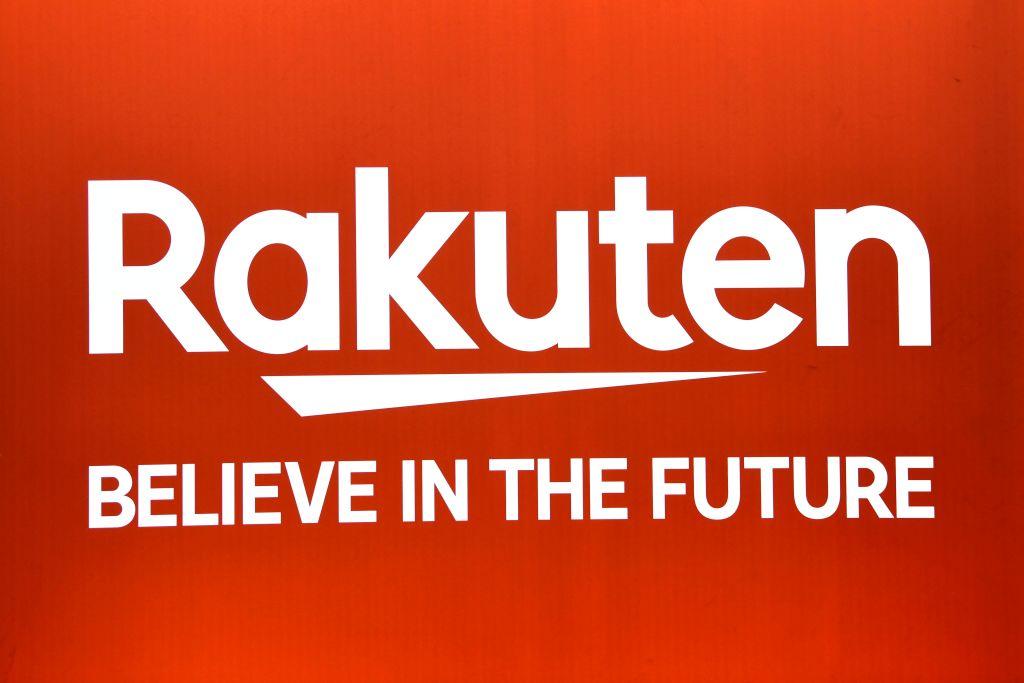Rakuten Mobile has chosen a domestic Japanese company as its 5G partner, in another setback for Chinese tech giant Huawei’s 5G ambitions.
Rakuten Mobile, the mobile subsidiary of Rakuten Group, and Japanese telecommunications and information technology firm NEC, jointly announced their partnership in a press release carried on both companies’ websites.





